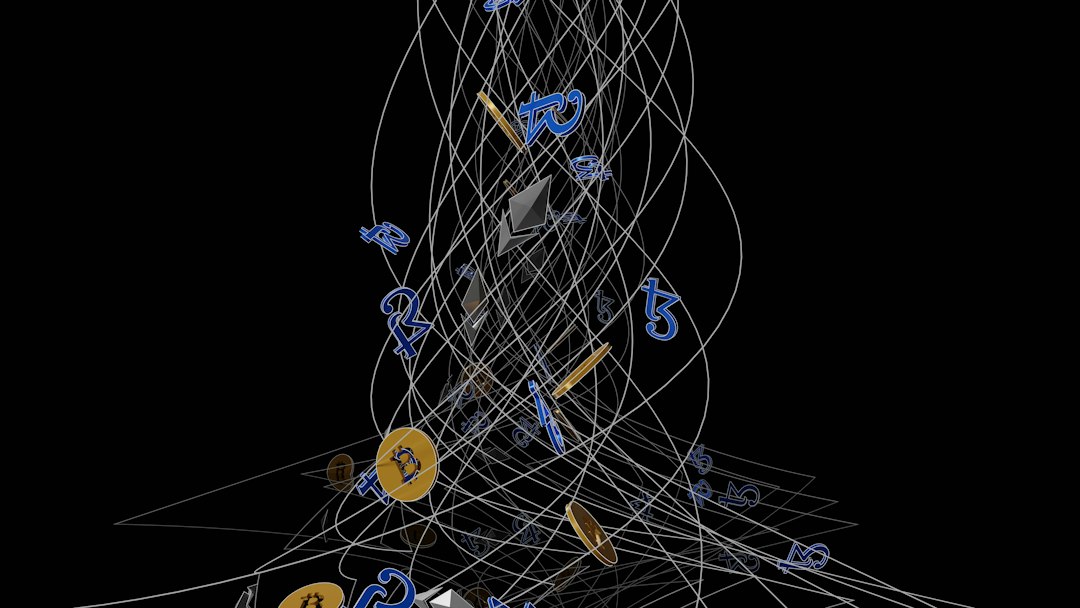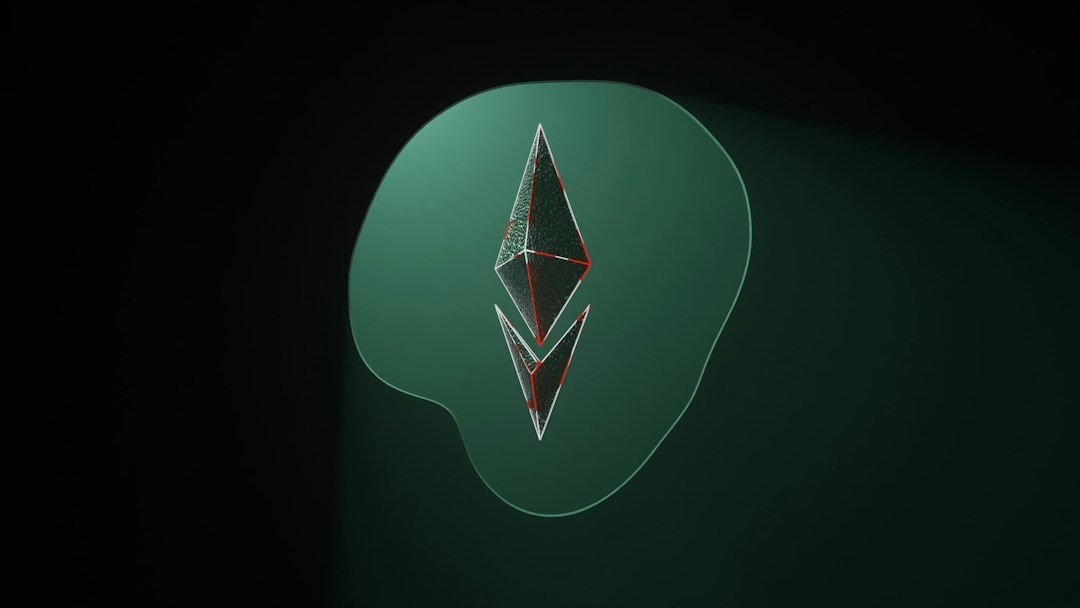Trust Wallet Alerts Users About Bitcoin Node Issue
Trust Wallet, a popular cryptocurrency wallet, has informed its users about an ongoing issue with the Bitcoin (BTC) node. This problem could potentially lead to transaction delays and missing transaction history. The instability is a result of the increased number of transactions per block on the Bitcoin network, which puts strain on the nodes operated by various providers.
The Trust Wallet platform team is actively monitoring the situation and working to address the issue. However, users may experience missing transaction history for the Bitcoin-blockbook chain for up to six hours, along with the possibility of failed transactions. Trust Wallet appreciates their users’ understanding and assures them that they are diligently working to resolve this issue.
How Increased Transaction Per Block Can Impact Nodes?
A Bitcoin node is a computer or device that participates in the Bitcoin network by maintaining a full copy of the blockchain and relaying transactions and blocks to other nodes. When there is an increase in transactions per block, nodes can face pressure due to several reasons.
Firstly, Bitcoin has a maximum block size limit of 1 megabyte (MB), which means each block can only accommodate a certain number of transactions. When transaction volume surges, congestion and delays in confirming transactions can occur as nodes prioritize transactions with higher fees.
In addition, increased transaction volume can strain network bandwidth and result in slower propagation times. Nodes also need to perform more calculations to verify each transaction’s validity, leading to slower processing times and potential performance issues.
Hot Take: Trust Wallet Addresses Bitcoin Node Instability
Trust Wallet has notified its users about an ongoing BTC node issue that may cause delays in transactions and missing transaction history. The increased number of transactions per block on the Bitcoin network is placing strain on nodes operated by various providers, leading to instability. Trust Wallet’s platform team is actively monitoring the situation and working to resolve the issue. Users may experience missing transaction history for up to six hours and potential failed transactions. Trust Wallet appreciates users’ understanding and assures them that they are diligently working to address the problem.





 By
By
 By
By
 By
By
 By
By
 By
By
 By
By